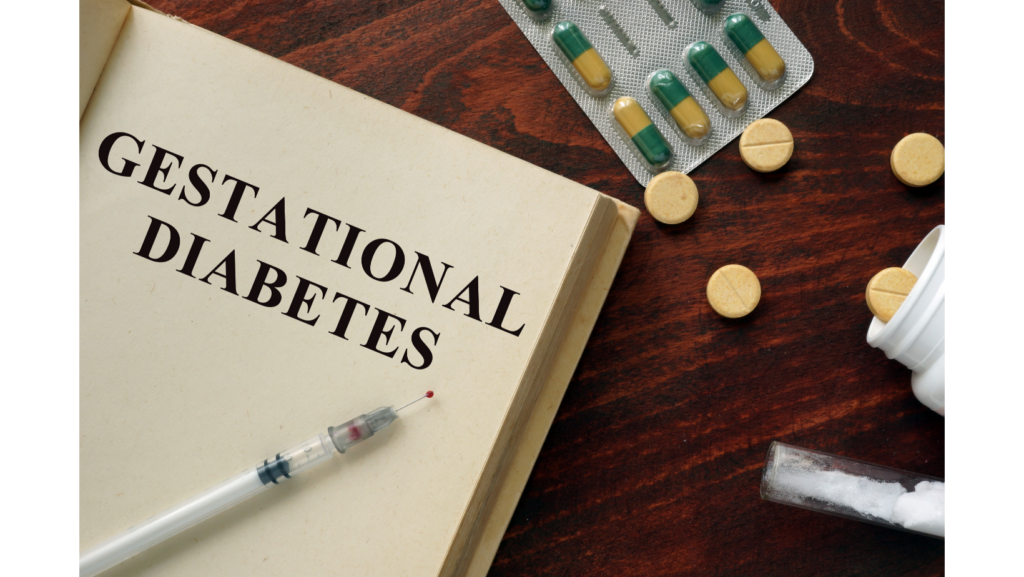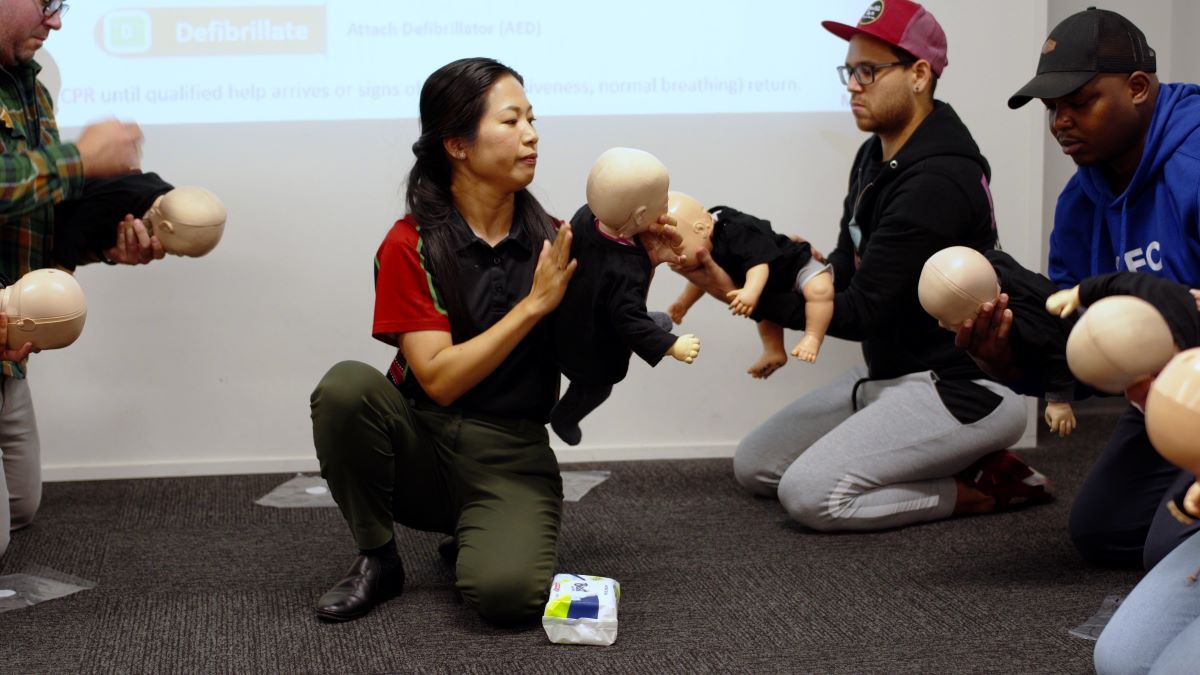Gestational diabetes is one of the most common health issues for women in their last weeks of pregnancy. It affects a massive percentage of pregnancies, with almost 41,000 Australian women diagnosed with this condition in 2019. Without early treatment, it can cause complications for both mother and the fetus.
The good news is that gestational diabetes is treatable, especially if diagnosed early in pregnancy.
This article will discuss gestational diabetes causes, features, and treatment plans to help control the condition.
What is Gestational Diabetes
It is the type of diabetes that only exists for a pregnant woman. The word gestational means “the carrying of young in the uterus” or “during pregnancy.” At the same time, its known medical name is gestational diabetes mellitus or GDM.
Gestational diabetes occurs when the body cannot make enough insulin during pregnancy. Insulin is the hormone from the pancreas that allows sugar (glucose) to convert as energy.
During pregnancy, the human body changes such as increased hormones and weight gain. These changes can result in insulin resistance, where the cells cannot easily take up glucose from the blood.
While all women may have insulin resistance during late pregnancy, some have it even before getting pregnant.
Signs and Symptoms
Here are the common signs and symptoms of gestational diabetes.
- Increased, frequent urination
- Increased thirst
- Fatigue
- Dry mouth
- Nausea and vomiting
- Weight loss even with the increase in appetite.
- Blurry vision.
- Thrush or yeast infections
Still, many pregnant women with this type of diabetes do not have any noticeable symptoms. It is why a screening test is a must to detect this condition.
Treatment and Prevention
Immediate and effective treatment is vital as gestational diabetes can harm both mother and the baby. Here are some things to avoid further complications.
- Check blood sugar levels. Make sure it stays within the healthy range.
- Eat healthily. Food intake should contain the correct number of vitamins, proteins, and minerals. Follow a healthy eating plan suggested by a doctor or a dietitian.
- Stay active. Engage in regular physical activity with the proper intense levels (such as jogging and brisk walking). It helps lower blood sugar levels and makes the person sensitive to insulin so that the body won’t need as much. It is best to check with your doctor what exercises are possible and the types should avoid.
- Regular monitoring of the baby. Attend tests and screening to monitor the baby’s growth and development.
- Use medications. There are cases in which lifestyle changes may not be enough to manage gestational diabetes. If blood sugar level remains high despite healthy eating and exercise, the doctor may recommend insulin.
Insulin is safe and effective in pregnancy. Use a small needle when doing insulin shots. Some doctors may prescribe a different medication depending on what the person needs.
A history of gestational diabetes may mean that the person may have it again on the second, third, and subsequent pregnancies. It is best to get tests early in the pregnancy to confirm the condition.
Conclusion
The best way to manage gestational diabetes is to know its risks, practice the proper lifestyle, and take medications. These may mean eating healthily by limiting carbohydrates, exercising, taking medications, and often monitoring blood glucose levels.
High blood sugar levels may require medicine intake. Both insulin injections and oral medications have been shown safe for the baby. Those with a history of gestational diabetes may need to undergo special treatment as per the doctor’s assessment.
Discuss with your healthcare provider if you have concerns about specific medications and treatment. Remember that the risk of not treating gestational diabetes could cause harm to both mother and the baby.
Learn first aid to help someone who may be having a diabetic emergency.








